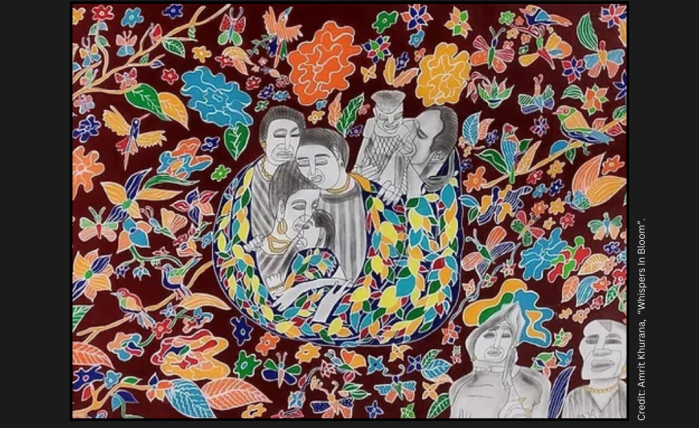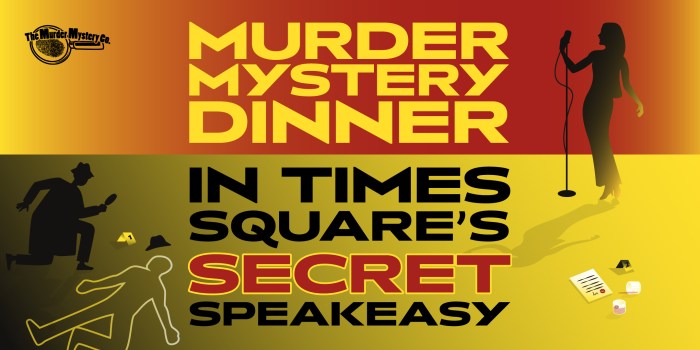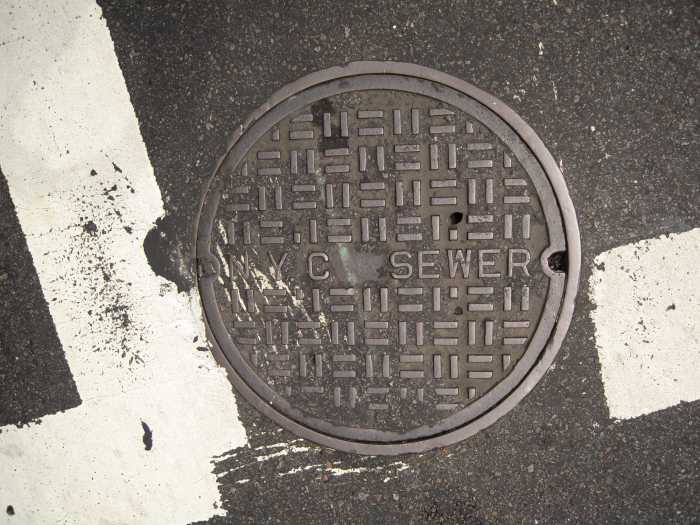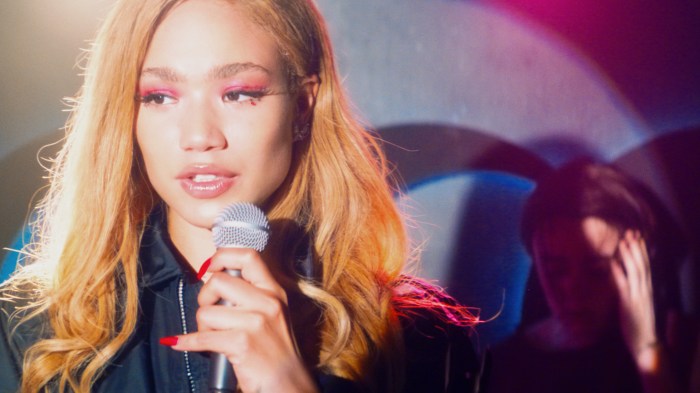It was a tumultuous year full of protests, questionable government decisions and heated discussions on race and gender — it was 1968, although it easily sounds like present day.
Recognizing the similarities, Nitehawk Cinema is dedicating an entire year to screen roughly 25 films from or set in 1968.
It’s the first-ever yearlong series at the Williamsburg cinema, according to Caryn Coleman, the theater’s director of programming and special projects.
The lineup, covering an array of genres, includes “The Odd Couple,” “Destroy All Monsters,” “Planet of the Apes,” “Girl on a Motorcycle,” “Once Upon a Time in the West” and “Chitty Chitty Bang Bang.” Each film will be screened on or around the date of its original release date. Two or three will be screened some months, and other months, there will be five or six — depending on history, Coleman said.
The series will also feature occasional post-screening talks with activists and educators, who will provide additional context and meaning for the films — and our current state of affairs.
Taking an entire year for the series is also meant to highlight and dig deeper into the issues of that time, which echo today, she said.
“When you look back at 1968, you can see a real turning point for cinema and an incredibly important, violent and remarkable year in U.S. history,” she said. “This extraordinary year for cinema occurred amid a moment of tumultuous and significant historical events and heralded the postmodern film, which dealt with issues that we still grapple with 50 years later: issues of civil rights, problematic governmental officials, protests and a sense of responsibility to shape a sustainable future.”
“Rosemary’s Baby,” about a woman who is raped and gives birth to the son of Satan, for example, explores gender roles and the politics of women’s bodies. “Night of the Living Dead,” another horror film about a zombie apocalypse released six months after the assassination of Martin Luther King Jr., features a black lead actor who is taken down by a mob of zombies — evoking the horrors the black community was going through at the time.
And we’re seeing new independent films that call back this unease, she added, like last year’s “Get Out.”
“All this said, it only seems appropriate to honor this incredible moment 50 years later,” she said.
The next “1968” screening, “Danger: Diabolik” (about a mystery man who outruns bad guys in his mission for money and jewels), is slated for 12:20 a.m. on Jan. 19 and 20.
Following that, on March 3 and 4 at 11:15 a.m., is “Faces,” which confronts alienation and the battle of the sexes in the story of a married couple in an empty relationship.
Admission is $12.
































